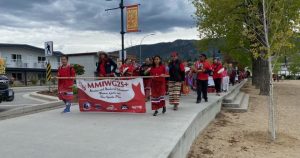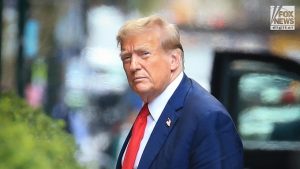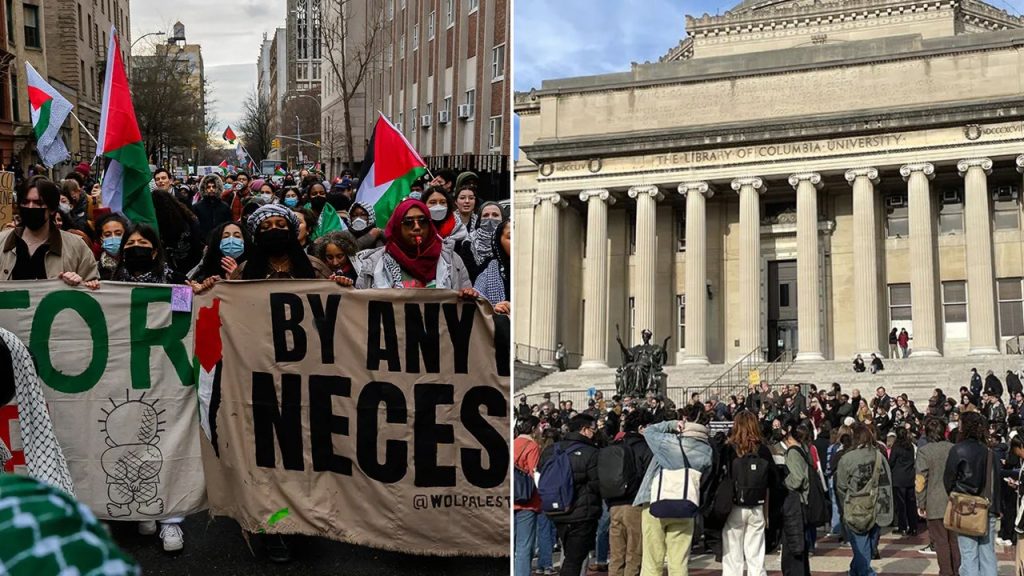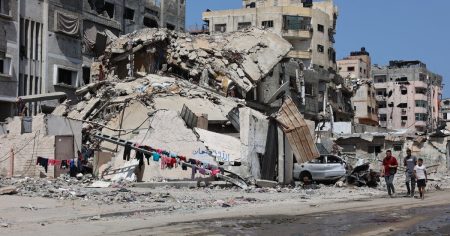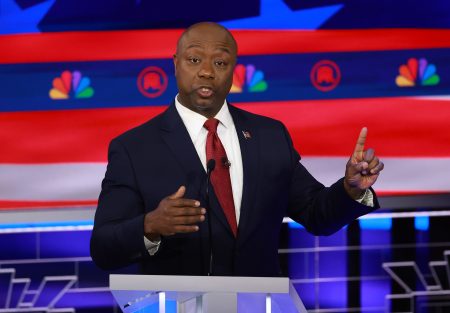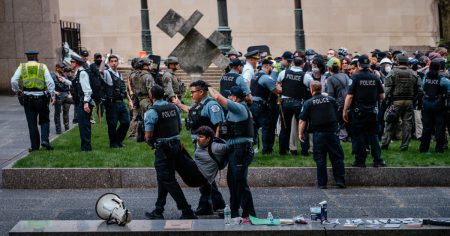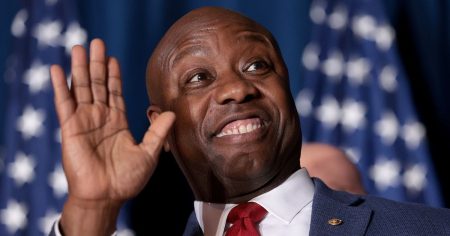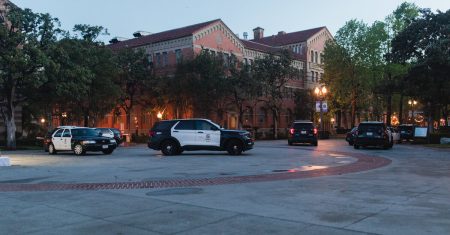New York Governor Kathy Hochul responded to calls to deploy the National Guard at Columbia University amid pro-Palestinian protests. She stated that she currently has no plans to deploy the National Guard and commended the efforts of the New York Police Department in responding to the protests. The protests were sparked by the establishment of a “Gaza Solidarity Encampment” on campus to protest the university’s financial investments in corporations profiting from Israeli apartheid, genocide, and occupation in Palestine. Tensions on university campuses have been high due to the ongoing conflict in Gaza, which has resulted in numerous casualties.
New York Republican Representative Nicole Malliotakis called for the deployment of the National Guard and for shutting down what she described as “horrific antisemitism events” at Columbia University. Republican Senator Tom Cotton also expressed concern over the situation, calling for immediate action to stop the alleged pogroms at the university. The Columbia Students for Justice in Palestine organization responded by stating that the university had threatened students with the National Guard after refusing to negotiate in good faith. Despite the threats, the organization vowed to continue peacefully protesting.
Columbia University President Minouche Shafik announced plans for hybrid learning for the remainder of the spring semester. She mentioned that discussions were ongoing with student protest organizers to dismantle the encampment and disperse while following university policies. However, if an agreement is not reached, alternative options for clearing the area and restoring calm to the campus will be considered. Shafik emphasized the importance of the right to protest but also highlighted the need to maintain mutual respect and kindness within the community.
The situation at Columbia University highlights the complexities of addressing protests and maintaining campus order during times of heightened tensions. Governor Hochul’s decision not to deploy the National Guard reflects a reliance on the NYPD and a cautious approach to handling the situation. Calls from lawmakers for stronger action underscore concerns about antisemitism and the need to address discrimination and harassment. The ongoing conflict in Gaza has undoubtedly influenced the protests and added to the emotional intensity of the situation on campus.
As debates continue over how to address the protests at Columbia University, the importance of upholding the right to protest while also ensuring a safe and respectful environment on campus remains paramount. The need for open dialogue, negotiation, and understanding between all parties involved is crucial to finding a resolution that upholds the values of the university community. Ultimately, the outcome of the discussions between university officials and student protest organizers will determine the next steps in dealing with the “Gaza Solidarity Encampment” and restoring peace to the campus. It is a challenging time for Columbia University and its community as they navigate these complex issues and work towards a peaceful resolution.
